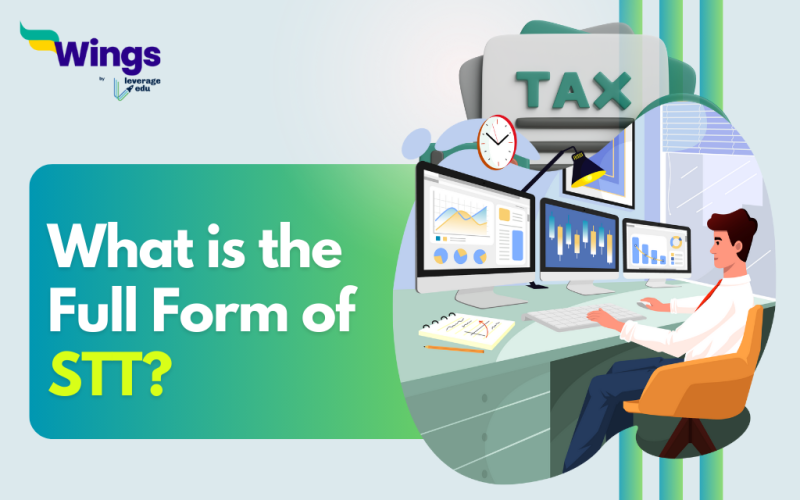The full form of STT is Securities Transaction Tax. It is a tax levied on the purchase and sale of securities in the Indian stock market. This tax was introduced by the Government of India in 2004 to curb tax evasion and streamline the taxation process in the capital market. Furthermore, STT is essential for investors and traders participating in the Indian stock market. Moreover, it is advisable to consult with financial experts or refer to the latest taxation guidelines to stay informed about any changes in STT rates or regulations.
Also Read: What is Share Market?
How is STT Calculated?
In addition, the calculation of STT depends on the type of transaction, such as:
- For equity delivery trades, it is charged on the turnover at a specified rate.
- For derivative transactions, it is calculated on the premium amount.
Different rates are applicable for different segments of the market. Moreover, the stock exchanges automatically collect STT at the time of trade execution.
Also Read: What is the Full Form of ITR?
What are the Features of STT?
In addition, STT in India comes with distinctive features as follows:
- STT happens during the purchase and sale of securities, further covering a wide range of financial instruments such as equities, derivatives, and equity-oriented mutual funds.
- STT collection is done at the time of the transaction execution by the stock exchanges, hence streamlining the taxation process.
- Additionally, STT rates vary for different segments of the market with specific rates for equity delivery, equity futures and options, and the rest.
Also Read: What is the Full Form of VAT?
What are the Advantages of STT?
The advantages of STT are as follows:
- STT has a role in curbing tax evasion in the stock market.
- Since it collects taxes at the time of the transaction, STT ensures transparency and minimizes the possibility of tax avoidance.
- STT also provides a straightforward and easy-to-implement taxation system, further reducing administrative complexities.
- Moreover, the revenue from STT contributes to the government’s fiscal resources, thus aiding in various developmental initiatives.
Also Read: What is the Full Form of BSE?
What are the Disadvantages of STT?
Additionally, the disadvantages of STT are:
- STT adds to the overall cost of trading and impacts market liquidity.
- High STT rates on derivative transactions may discourage speculative trading though they can also deter legitimate hedging activities.
- Moreover, balancing the need for revenue generation with maintaining an investor-friendly environment remains a challenge.
Popular Full Forms
We hope this blog has helped you understand the full form of STT and everything related to it. If you want to know more, find the 300+ general full forms list on our blog. In the world of short forms, you can rely on the Leverage edu page to know about more full forms like this! Connect with us study abroad experts to achieve your international dream today!
 One app for all your study abroad needs
One app for all your study abroad needs













